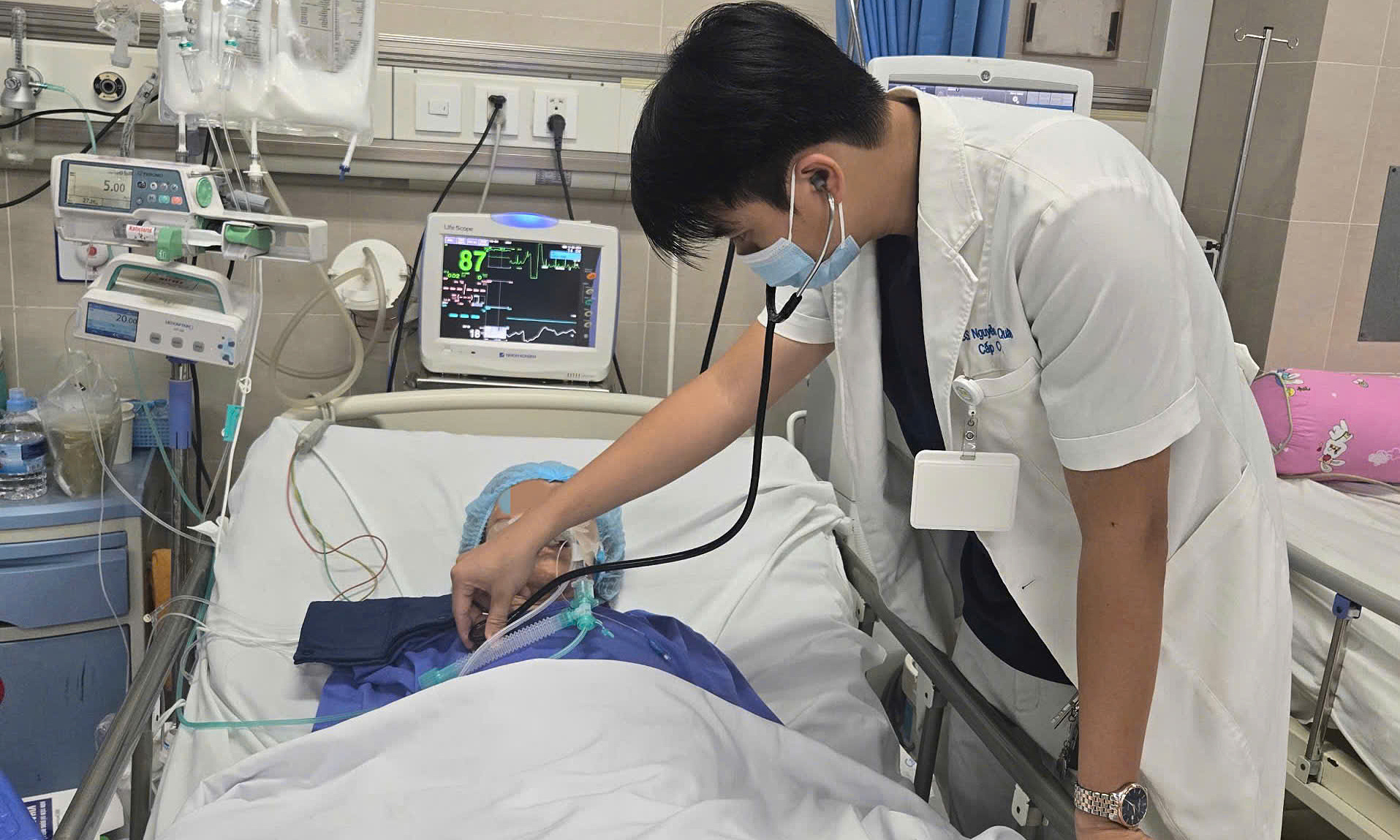Doctors at Thanh Nhan Hospital in Hanoi placed the woman on a ventilator and provided intensive care to stabilize her breathing. She regained consciousness but her condition deteriorated, leading to complete respiratory paralysis and total dependence on the ventilator.
To save her life, doctors needed to identify the cause of the paralysis. Tests ruled out heroin, morphine, and benzodiazepine poisoning. MRI scans of her brain, neck, and chest showed no nerve or spinal cord compression. Rare neuromuscular diseases were also eliminated as potential causes, leaving the medical team baffled.
The family then revealed that the woman had drunk from a bottle she thought contained a soft drink before collapsing. The remaining liquid was immediately sent to the National Institute of Forensic Medicine for analysis. The results showed the presence of methadone, a medication used in opioid addiction treatment programs. The family confirmed that the woman's grandson was using the medication. It became clear that the woman had accidentally ingested her grandson's methadone.
 |
The woman in critical condition after accidentally drinking methadone. Photo: Hospital provided |
The woman in critical condition after accidentally drinking methadone. Photo: Hospital provided
Doctors explained that while methadone is commonly used in addiction treatment and is safe at prescribed doses for young, healthy individuals, even a small amount can be toxic for those with weakened systems, especially the elderly. It can cause severe respiratory depression and paralysis. Methadone is not routinely screened for in toxicology tests, which complicated the initial diagnosis.
After identifying the cause, doctors adjusted the treatment plan. With intensive care and respiratory support, the woman eventually recovered.
Dr. Pham Thi Tra Giang of Thanh Nhan Hospital warned against storing medication or hazardous chemicals in soft drink bottles, water bottles, or any food containers. Controlled substances, especially those with high addiction potential like methadone, should be securely stored in locked cabinets, out of reach of children and the elderly.
She also emphasized the importance of family awareness regarding poisoning risks, especially when a member is undergoing medical treatment or participating in an addiction recovery program.
Le Nga












